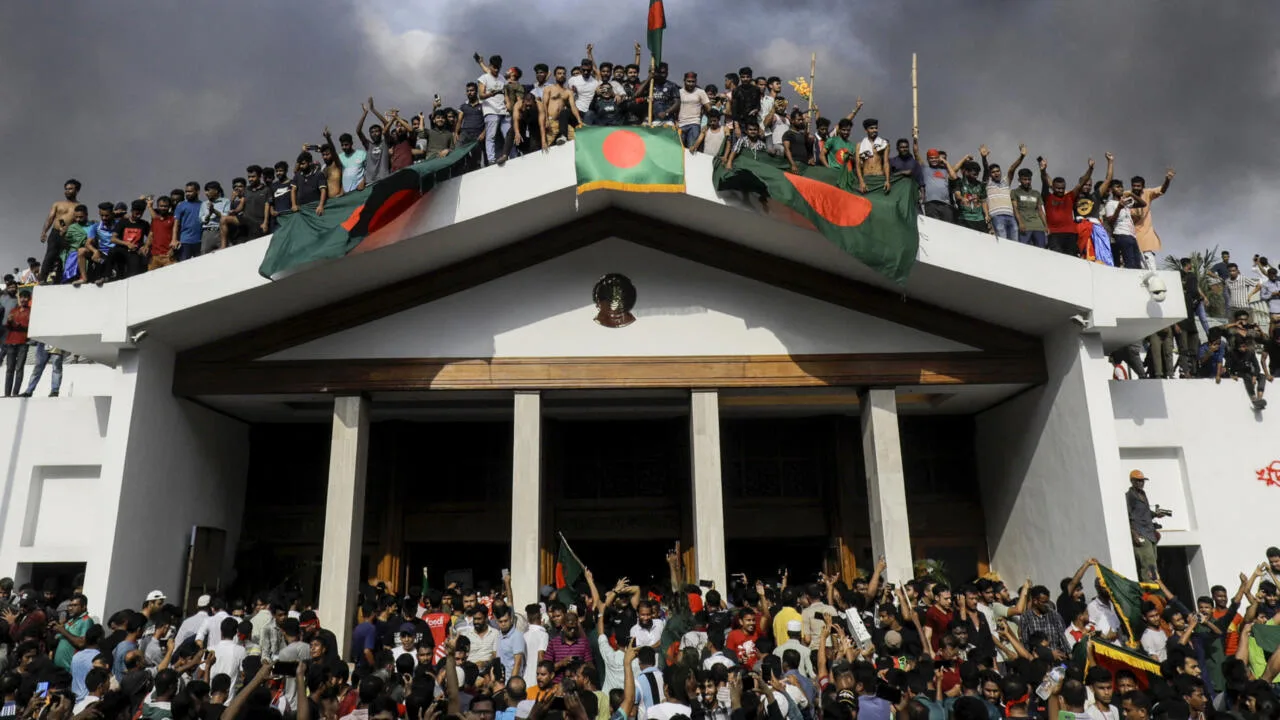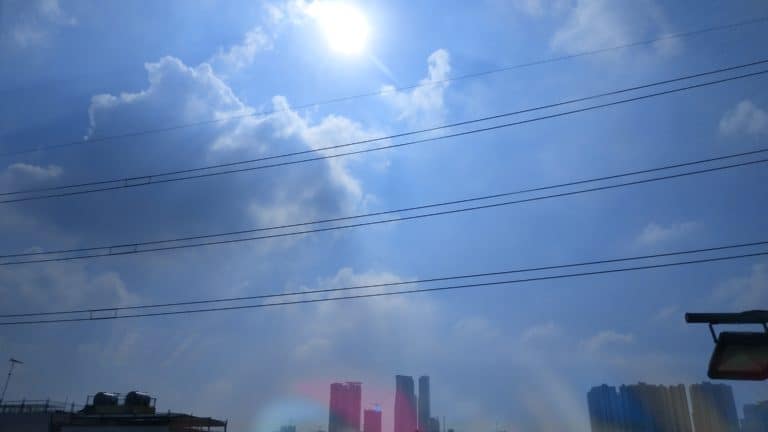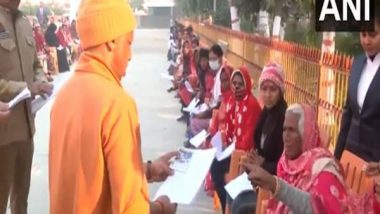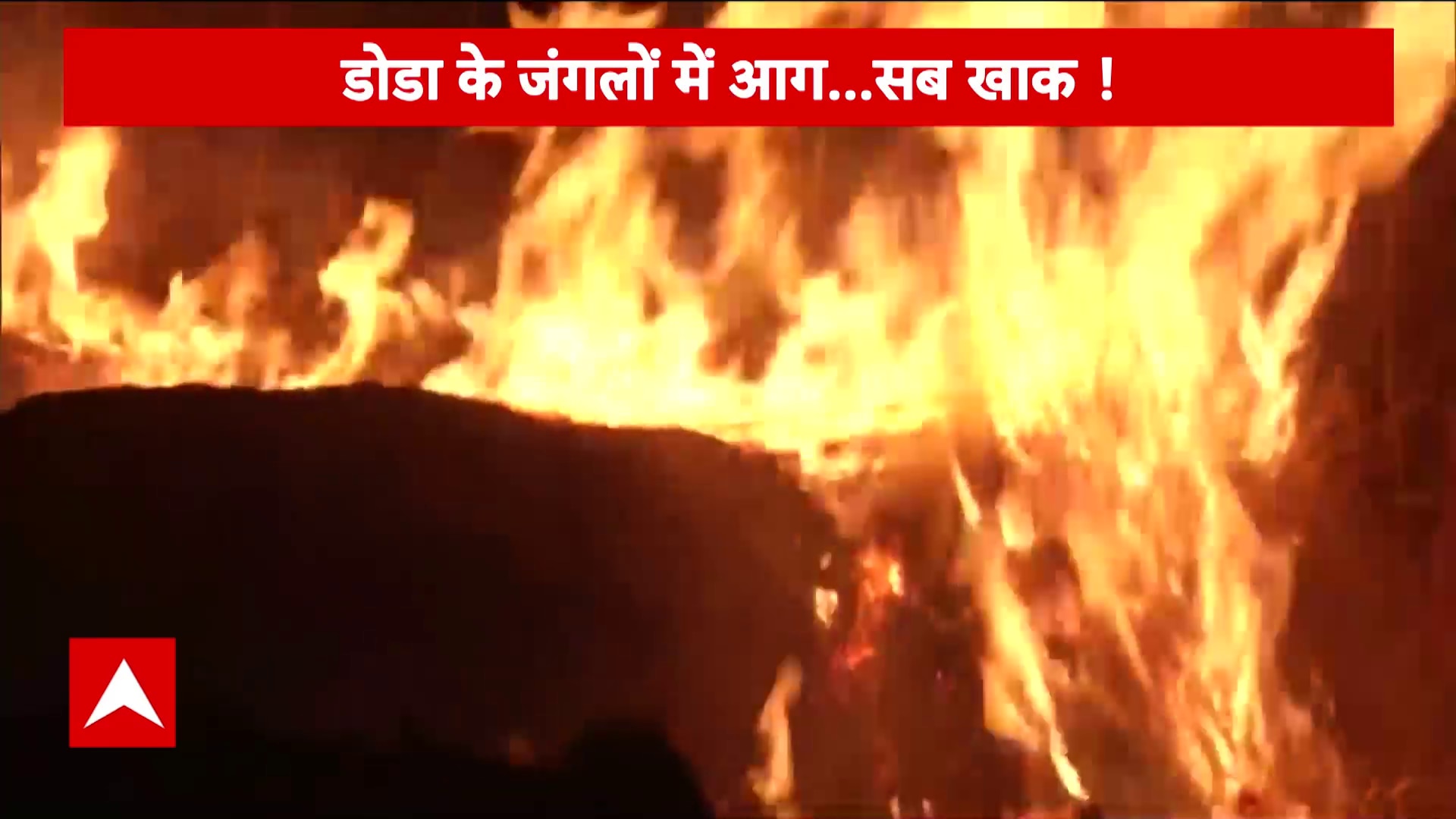
Bangladesh which plunged into chaos following the ouster of Sheikh Hasina appears to be slowly moving away from the fight against terrorism thanks to Islamist elements taking over the country. The Bangladesh Nationalist Party (BNP), under whose regime the Rapid Action Battalion (RAB) was formed, is now under the administration’s lens. Calls are being made not only by the radical elements but also by the BNP itself, which was behind its creation.
The RAB was formed in 2004 when the BNP was in power. Over the years, it emerged as a formidable force that combated terrorism and extremism in Bangladesh. In the year 2004, when the BNP was in power, there was plenty of chaos in the country, and law enforcement agencies struggled to maintain control over extremist elements.

The RAB specialist in tackling high-profile terror threats and radical elements in the country. On several occasions, it has thwarted attempts made by the Al-Qaeda and Islamic State, which have tried to set up shop in the country. However a few years into its formation, there were allegations of the RAB using tactics that human rights activists did not approve of.
Criticism for the unit grew, and the RAB was accused of forced disappearances. Despite the RAB’s excellent track record of combating terror, the same was overshadowed by sanctions and criticism by the United States in 2021. Bangladesh watchers would say that although controversial, the RAB’s formation did mark a turning point in the country’s fight against terrorism.
The BNP’s criticism of the RAB is a glaring contradiction since it was the same party that created the force. Hafiz Uddin Ahmed, a senior BNP leader while calling the RAB a monster said that the force was responsible for most disappearances in the country. Ahmed even went as far as saying that the RAB needs to be urgently disbanded.
What Ahmed forgets is that if the RAB deployed force, it was at the government’s behest. Both the BNP and the Awami League have relied heavily on this specialised unit. The BNP’s current analysis of the RAB is a clear sign that it is treading a dangerous path.
If a force such as the RAB is disbanded at this time, then the effects could be catastrophic. The BNP tends to forget that it is equally responsible for the force being blamed for excesses. During its tenure, the BNP under Khaleda Zia has issued several unlawful commands to the force.
If the BNP wants to hold the RAB accountable, then calling it a monster force and suggesting its disbanding are not the solution, especially when the country is in a vulnerable state. It should instead suggest that the Disappearance Commission probe the alleged extrajudicial killings and the human rights violations that took place between 2004 and 2006. However, the BNP would not suggest that since it was in power during that period.
The BNP and Jamaat which were in power, have been accused of turning a blind eye when it came to human rights, and this is a well-documented fact. Has the BNP had a change of heart, and in its criticism of the RAB, is it trying to suggest that it cares about human rights? Whichever party is in power, the RAB remains a powerful force capable of combating terror and thwarting every move by Pakistan’s ISI to establish terror groups in the country. The RAB is so deeply etched into the system that it continues to fill the gaps in the law enforcement machinery.
If disbanded, it could have a negative impact, and radical Islamists would run amok and the nation would plunge into further chaos. The BNP’s criticism of the RAB clearly suggests that it has been done under pressure. There are many elements at play in Bangladesh, which is being headed by a powerless Muhammad Yunus.
Whatever the BNP may do or suggest, the fact remains that it needs the radical Jamaat and rogues of the ISI to survive in Bangladesh. If elections are held today, it is clear that it would not be free and fair and this means that the BNP would return to power. The Jamaat in such a scenario will have a major role to play as it is the organisation that oversaw the complete operation that eventually toppled Sheikh Hasina.
The criticism of the RAB only suggests that the BNP is doing what the radical elements want it to do. The BNP’s criticism of the RAB is only a sign of what is coming once the party is in power. The BNP during its earlier tenure has been criticised for its handling of radical elements.
However, this time around if in power, the approach of the party would be extremely brazen, and radical Islam would thrive like it never did before. The BNP’s view of the RAB at this juncture and Yunus’ silence on the issue is a clear sign that Bangladesh is gradually abolishing its fight against terror. This is because it believes that those indulging in arson and terror in the country are true patriots, and parties such as the BNP are providing such elements with a perfect stage to operate from.
Experts feel that abolishing the RAB would be dangerous for the country and also neighbouring nations. Bangladesh should in fact create a framework where agencies such as these are made to operate within the law. It should be told to create a fine balance between its fight against terror and civil needs.
It is a fact that any agency with unlimited powers can turn rogue, and hence, when it comes to the RAB, the BNP should insist on accountability instead of calling it a monster and calling for it to be disbanded. However, the statement by the BNP leader is not an outburst or an emotional one. It is a well-thought-out statement made at the behest of the radical elements, who have for long been asking that agencies such as the RAB be disbanded.
These are the same elements who want to establish the Sharia law in Bangladesh and in those schemes of things, the RAB can become a thorn..











